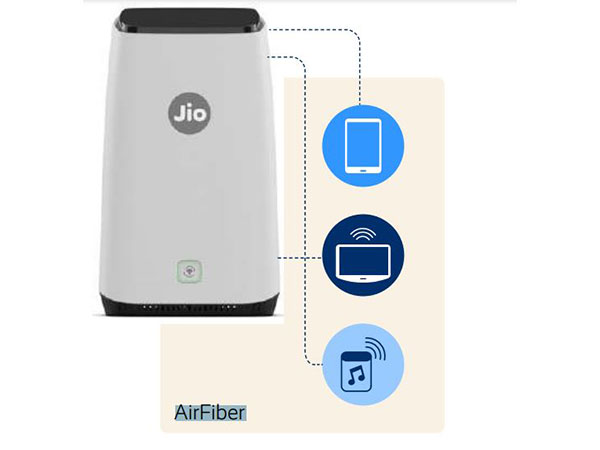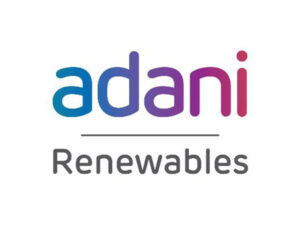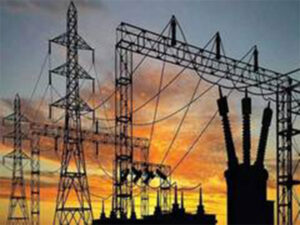
Mumbai (Maharashtra) [India], June 7 (ANI): Jio, a newer entrant in the 5G fixed wireless access space, is aiming to expand its broadband offering to new customer segments, including those in more remote areas.
Jio introduced its fixed wireless offering – AirFiber — in 2023, on Ganesh Chaturthi.
The addressable base for Jio AirFiber is coming from Tier II towns.
It believes that the demand has been great but reaching optical fiber to those towns has been time-consuming.
The most basic Jio AirFiber plan, priced at Rs 599 (around USD 7) comes with 30 Mbps for 30 days.
Every Jio AirFiber and AirFiber Max plan includes a Wi-Fi router at no extra cost. Irrespective of the Jio AirFiber plan one opts for, the company charges Rs 1,000 for installing an outdoor unit which is a crucial component for gaining ultra-fast internet speeds. However, this fee can be waived off in case one opts for an annual payment.
As Jio deployed 5G Standalone Access services, it has used a dedicated network slice to provide 5G FWA services — which helps with managing the network congestion, even though the average AirFiber user consumes around 400GB of data per month.
This will help in the longer term, as the operator aims to reach 100 million connected premises in India with its FWA offering.
One demonstration of Jio’s confidence in its network’s capacity is its recent launch of a streaming plan that includes 15 streaming apps with fixed broadband packages, highlighting its ability to handle the additional load coming from video streaming. Looking ahead, Jio’s main competitor, Airtel, is also preparing to deploy 5G FWA Standalone Access services.
What is Jio AirFiber:
JioAirFiber delivers fibre-like speed over the air without any wires. Users just have to plug it in, turn it on, and that’s it and they will have a personal Wi-Fi hotspot at their homes.
JioAirFiber is a Fixed Wireless Access solution that brings clutter-free high-speed connectivity of up to 1 Gbps to homes and offices. Multiple devices, including smartphones, PCs, tablets, smart TVs, and set-top boxes can be connected simultaneously without compromising on internet speed.
Notably, telecom service providers in India started providing high-speed 5G services in the country from October 2022. In comparison to 3G and 4G, 5G has a very low latency which enhances user experiences in various sectors. Low latency describes the efficiency of processing a very high volume of data messages with a minimal delay. (ANI)


















